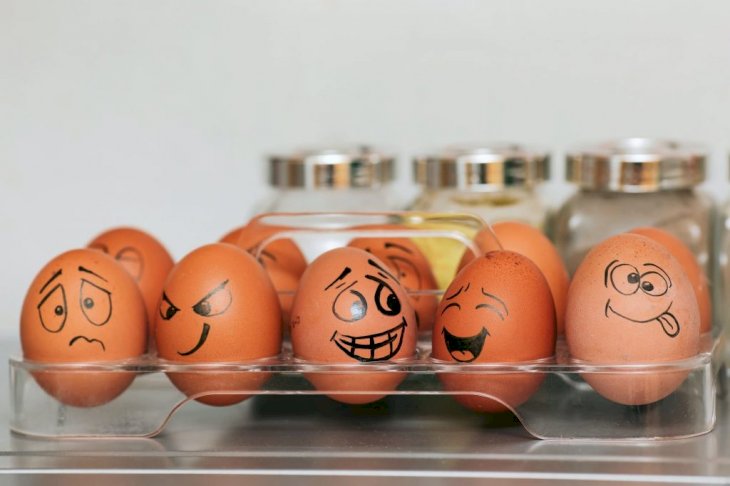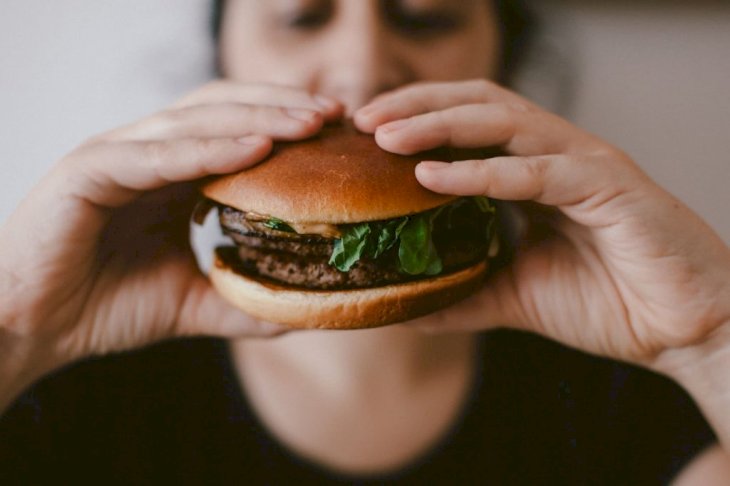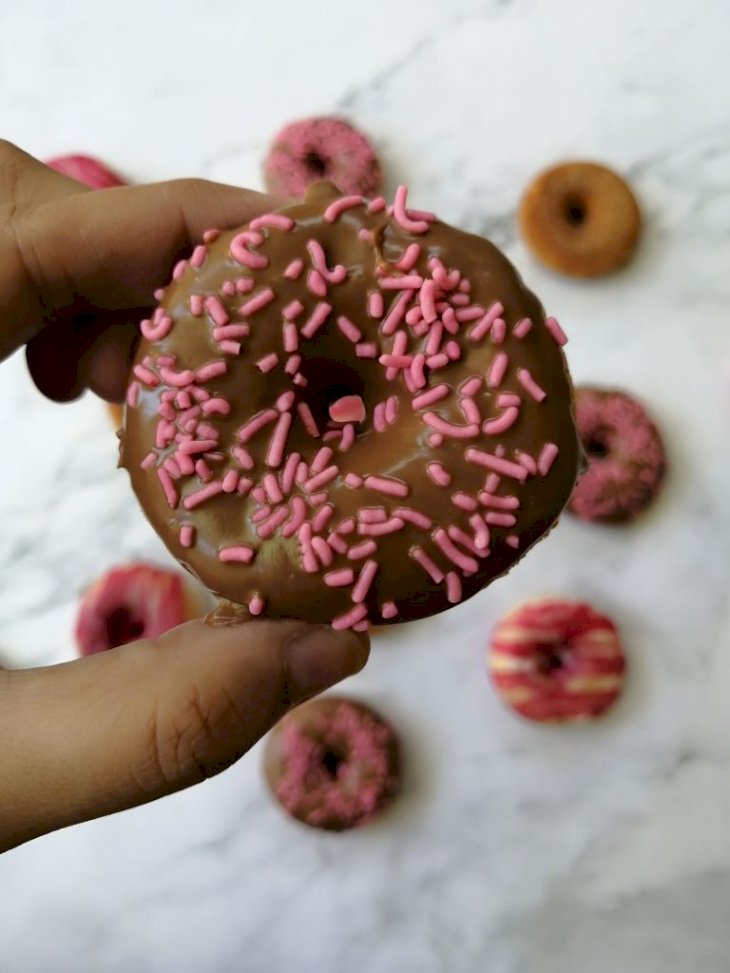
The Psychology Of Food Cravings
Having a food craving is something everyone has had at least once, or let’s be honest, maybe even several times a day – no judgment there. Understanding the psychology behind food cravings can help us understand ourselves more and how to control those cravings.
Cravings are an intense desire for a specific food, often for junk foods and processed foods. These foods are high in sugar, salt, and fat. Types of cravings are different for everyone and so can the causes. Experts say they may last for up to 5 minutes – it may however feel like a lifetime when you're craving some chocolate.
Whether you’re trying to maintain a healthy weight or just live a healthy life, food cravings are a significant roadblock. They can cause a lot of frustration, moodiness, and backtrack you on your healthy lifestyle journey.

Unsplash
What Causes Food Cravings?

Unsplash
Food cravings are caused by the brain regions that are responsible for memory, pleasure, and reward. When there is an imbalance of hormones, such as leptin and serotonin, it can also cause food cravings. So it is also possible that food cravings are due to endorphins released into the body after someone has eaten something they liked.
Emotions play a huge part in food cravings, as they can cause a person to crave particular food’s depending on how they feel. It can lead a person to comfort eat, which can sidetrack a person’s diet or healthy lifestyle goal. Food cravings are most common when you’re feeling anxious, sad, angry, etc.
Women who are about to start their period or during their period may experience food cravings; this could be because of the body’s hormonal changes; they may crave something sweet or fried. Pregnant women especially experience intense cravings. This may be due to hormonal changes that can disrupt their smell and taste receptors.

Unsplash
As much as emotions and bodily changes play a role in creating food cravings, there is also the possibility of a connection between the cravings and nutrients. This is the idea that food cravings are the body’s subconscious way of filling a nutritional need.
It is thought that when the body lacks a specific nutrient, it naturally craves foods that are rich in that nutrient. For example, having chocolate cravings are often blamed on low magnesium levels. Cravings for meat or cheese are often seen as a sign of low iron or calcium levels. This may not always be the case, and different factors go against this theory.
Psychology Of Food Cravings Research

Unsplash
Research into the psychology of food cravings is still in the early stages. Not much research has been done, but something that is known is that food cravings can either be selective or non-selective.
Selective cravings are cravings for specific foods, for example, a specific burger or your favorite ice-cream. Non-selective craving is the desire to eat anything. It may be the result of real hunger, hunger pangs, or a sign of thirst, which is why drinking water may help with intense non-selective cravings.

Zainab Dokrat (Spicy Fusion Kitchen)
The research on the psychology behind food cravings, psychological scientists Eva Kemps and Marika Tiggemann of Flinders University, Australia, review the latest research on food cravings. The new research findings suggest that it may be possible to use cognitive tasks to reduce food cravings.
In one of the experiments, it was revealed that the volunteers who had been craving a type of food reported reduced food cravings after they mentally formed images of familiar sights or smells. This could be because you’re focusing on the craving and mentally distracting your mind from that craving.
In another experiment, volunteers who were craving a type of food watched a flickering pattern of black and white dots on a monitor. After viewing the pattern, they reported a decrease in the vividness of their craved-food images and a reduction in their cravings. Like how I hypothesized with the first experiment, I think this is a mental distraction.
Final Thoughts

Zainab Dokrat (Spicy Fusion Kitchen)
According to the researchers, the findings indicate that “engaging in a simple visual task seems to hold real promise as a method for curbing food cravings.” In conclusion, it was noted that these experimental approaches might extend beyond food cravings and how these results can reduce the cravings of other substances such as alcohol or drugs.
I’m not saying craving a midnight snack or a donut at 8 am is the end of the world - it may not be the healthiest. Still, cravings happen to everyone, and it’s okay to indulge yourself a little. It may be the pick-me-up you need that day.
However, it is always good to keep in mind the different reasons you could be craving some food. Being aware of your emotions, what's happening around you and your usual diet could help you tame those cravings. It can help you understand the psychology behind your own food cravings more. In the end, this can help you continue to maintain a healthy lifestyle without giving in to those cravings all the time.